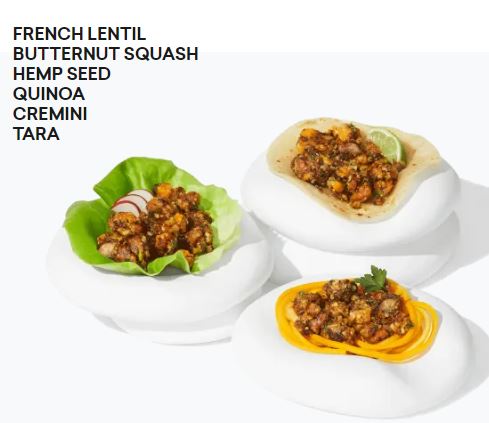Weekend reading: food and political parties
R.C. Harris. Party Food: A Partisan History of Food & Farming in America. Common Ground, 2021 (147 pages plus an index).

The author, a politics professor at Washington & Lee University, sent me a copy of her book, which I have now read.
I love the cover.
This is a book about the differing views of Farm Bill provisions among Democrats and Republicans.
Harris points out, correctly, that recent books about food policy in the United States, mine among them, say practically nothing about the role of the two political parties in deciding food issues. Here, she corrects this omission.
She does so using a sports analogy–red and blue teams with one goal: to win. A brief excerpt:
Setting the Stage: Farmers on Welfare in a Capitalist Society
The main problem in our story is that farm policy is really about giving farmers federal dollars to stay in business—and this idea tends to divide the red team from the blue team. The history of modern farm policy in the United States is essentially the history of social welfare policy—a policy designed to prop up the incomes of farm families…As a nation of independent, hardworking, self-sufficient citizens and immigrants, America has always been more likely to embrace capitalism and less likely to expect government support than nations with a history of kinds, vassals, and peasants. This means America is much more centrist and market-oriented in its economic policy, making welfare the exception rather than the rule. (p.53)
I get what she’s saying and her points are worth considering, but I wish she had used a word other than “farmers.” The ones who get corporate welfare in America are not your small subsistence farmers or even those of medium size.
A more precise term here would be Big Agriculture.
The Farm Bill is welfare for the rich. That’s why the red team is for it.
But her contention that the food movement needs to pay more attention to party politics demands attention.
Voting really matters to our players on the field. In fact, we learned that partisan farm policy is really field policy—what will keep the team on the field. And, interestingly enough, this has a lot to dow with what is in the fields and on the tables (and on the menus, and in the regrigerator, and for sale at the store or local farmers market) where the players are elected. In other words, political teams want to be re-elected so they can keep making political plays. (p. 131)
As I keep saying, if you want the food movement to have power, run for office.
Maybe it’s time for a third team?



